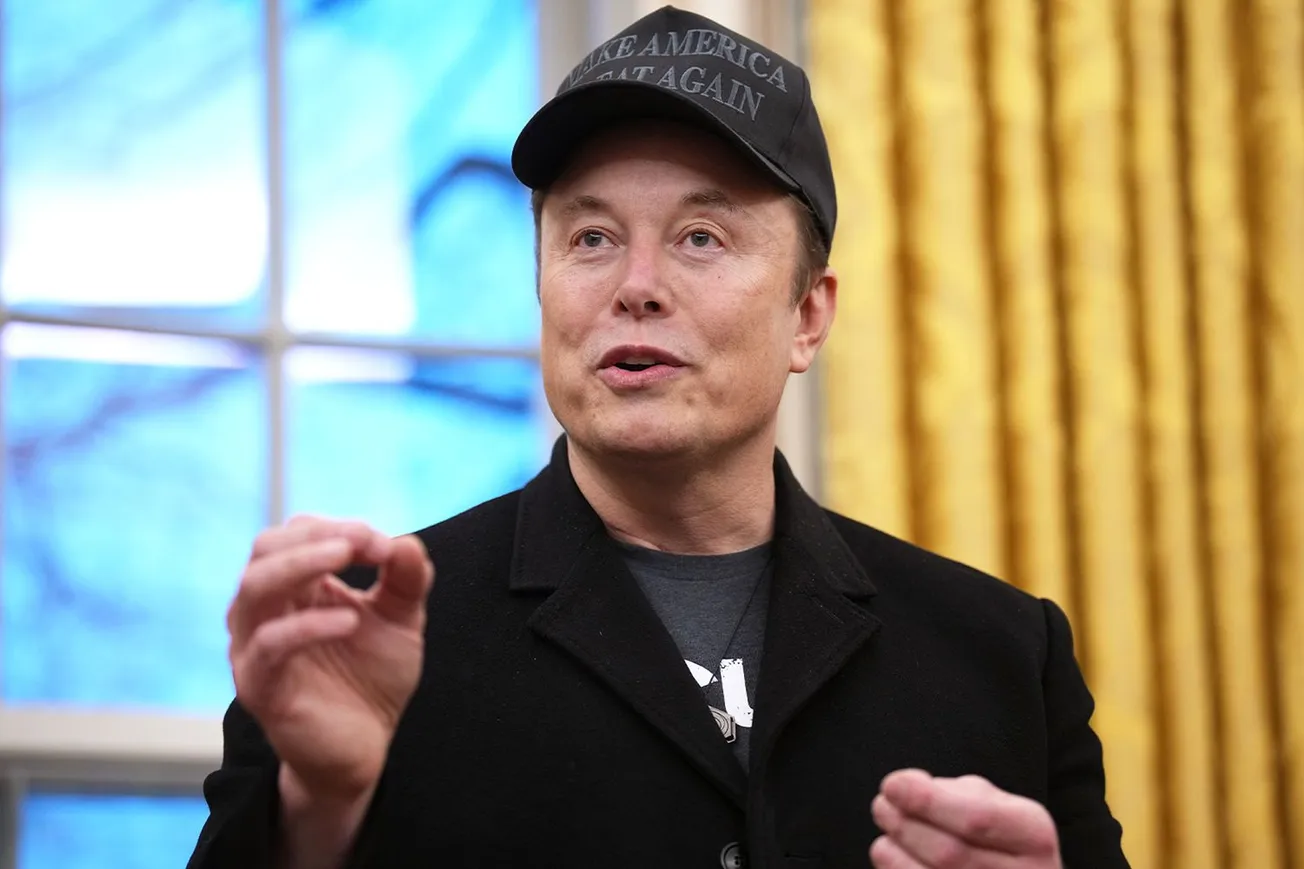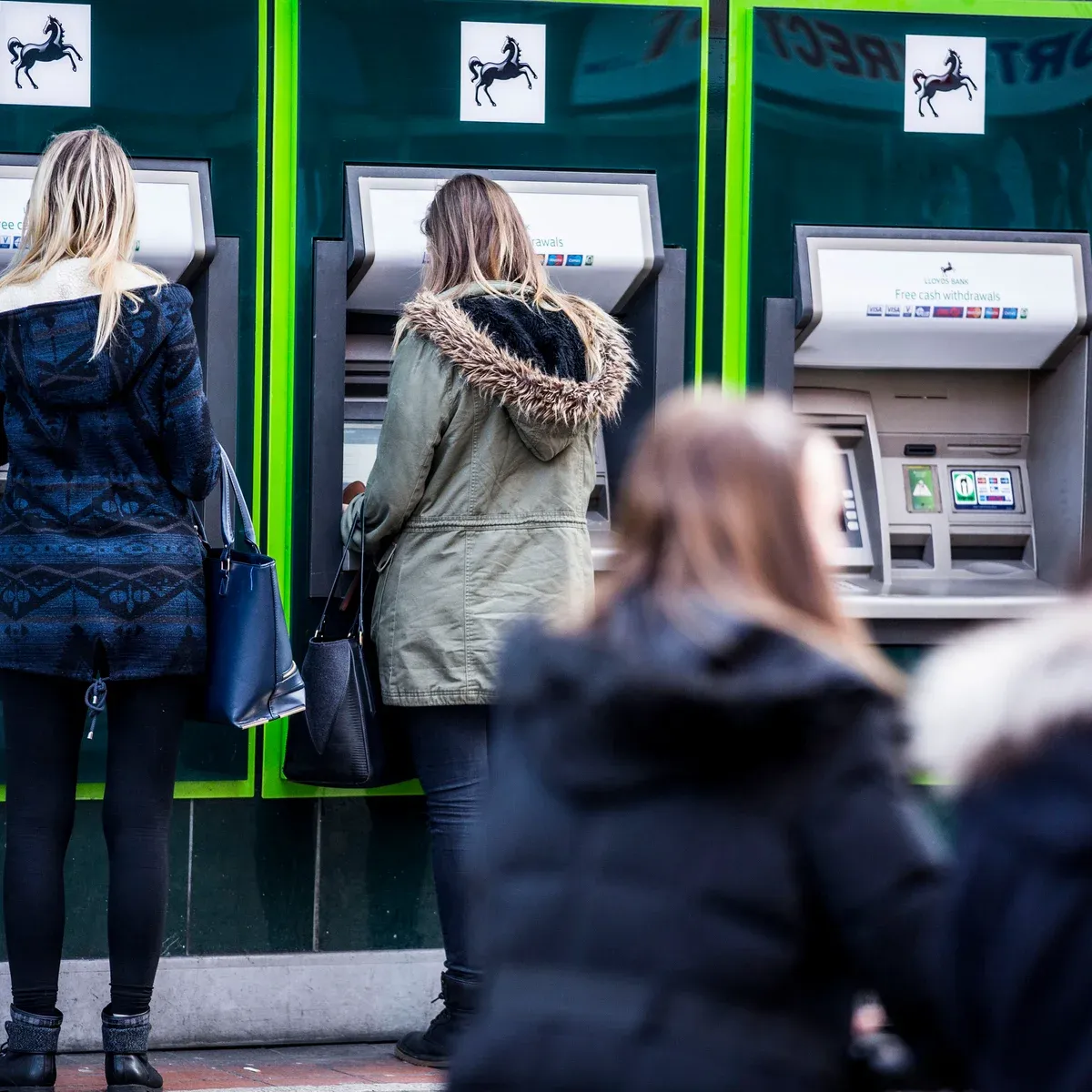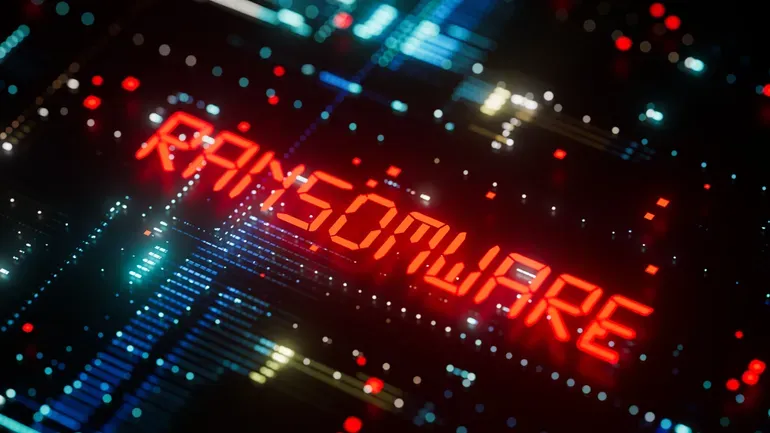Table of Contents
The Biden administration has issued a firm demand to ByteDance, the Chinese company behind the popular video-sharing app TikTok: either sell the app or face a nationwide ban.
While TikTok has not yet shown intentions to sell, it has made efforts to convince U.S. officials that it can address security concerns and meet proposed regulations. The CEO of TikTok has argued that a ban would not effectively address these security concerns.
But what would a ban actually mean for TikTok users? Is there any precedence for such a ban?
What would be the mechanics of implementing a ban?
The specific methods for implementing a ban on TikTok in the United States remain uncertain. The most viable approach may involve a bipartisan bill supported by the White House, which grants broader powers to the Secretary of Commerce to prohibit foreign technology deemed as a national security risk. However, the exact mechanisms for exercising this authority are still subject to discussion and have not been disclosed by the Commerce Department.
One possible means of enforcement would be to restrict app stores from offering TikTok for download, effectively limiting its accessibility and hindering future updates and improvements, as explained by Darrell M. West, a senior fellow at the Brookings Institution Center for Technology Innovation. Over time, this would diminish the app's functionality.
Another potential approach could involve criminalizing the use of TikTok, leading to potential fines, according to Ahmed Ghappour, a professor of law at Boston University. While such measures have been applied in the past to banned software flagged as national security threats, TikTok's widespread popularity sets it apart from previous cases.
Would it still be possible to use TikTok?
It is possible. If there is an app store ban, TikTok would still remain on devices where it was previously downloaded. In theory, those existing apps would still be functional. However, there is uncertainty about the user experience for those who are grandfathered in, including whether they would be able to log in and access all the features for video-sharing and browsing.
Additionally, the U.S. government could potentially take further steps by compelling internet providers to block access to the app.
We can look at the example of India, which implemented a complete ban on TikTok and other Chinese apps in 2020. Following the ban, India's Department of Telecommunications ordered internet and wireless service providers to block these apps, including TikTok. As a result, some TikTok users in India reported that the app no longer had any functionality.
Can a VPN get around the TikTok ban?
Yes, using a VPN could potentially allow you to access TikTok even if it is banned in your country. A VPN (Virtual Private Network) can help mask your IP address and encrypt your internet connection, making it appear as if you are browsing from a different location where TikTok is accessible.
By connecting to a VPN server in a country where TikTok is not banned, you can bypass the restrictions and access the app. However, it's important to note that using a VPN to access banned services may go against the terms of service or legal regulations in your country. Additionally, there is a possibility that the government or service providers may take measures to block VPN usage.
Before using a VPN, it is recommended to research and understand the laws and regulations regarding VPN usage in your country. Additionally, choose a reputable VPN service that offers strong encryption and reliable server connections.









